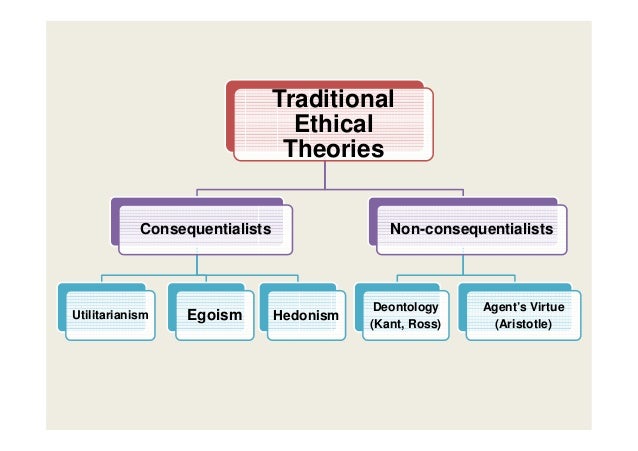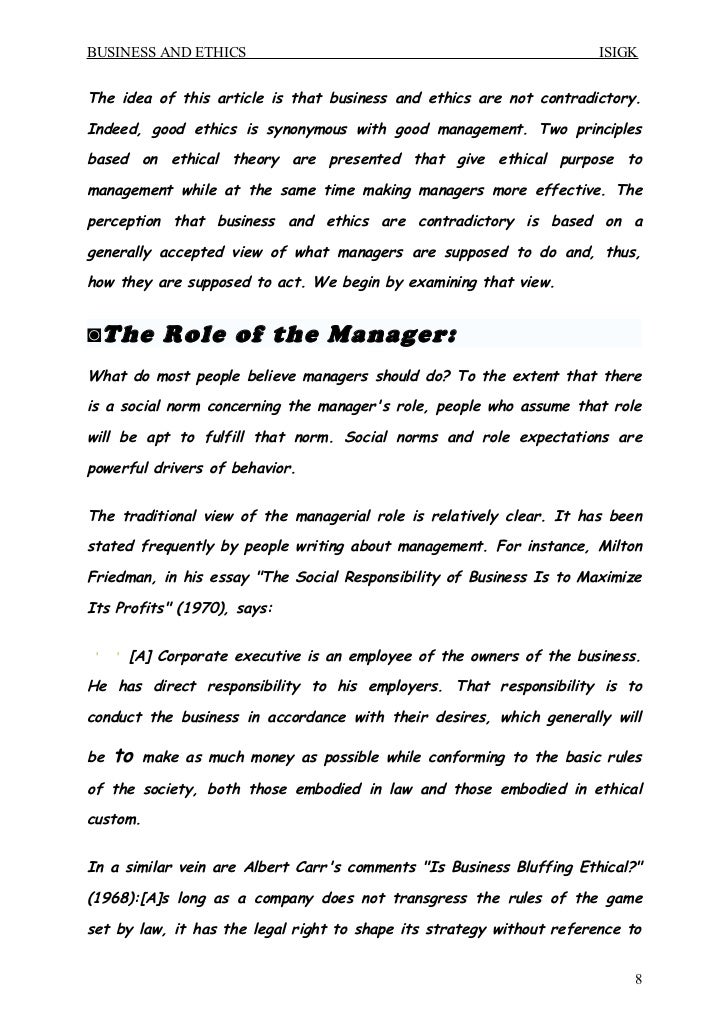Albert Carr Is Business Bluffing Ethical Pdf Writer

ALBERT CARR IS BUSINESS BLUFFING ETHICAL PDF
Business Bluffing and the Business of Ethics A. Is Business Bluffing Ethical? Corporate interests often compel executives to practice some form of deception.! Deception in business is justified on the grounds that business has the character of a game.!
The referenced article was written by Albert Z. Carr. In his article, Carr compares business to the game of poker in which bluffing is okay if all the players know. Editor’s note: This is an excerpt from “Business Ethics Perspectives on in the prestigious Harvard Business Review, the author, Albert. Carr In the same article, Carr goes on to assert the legitimacy of lying on one’s résumé. The Role of Moral Intensity and Fairness Perception in Judgments of Ethicality: A Comparison of Managerial Professionals and the General Public.
| Author: | Shakakasa Bragul |
| Country: | Kazakhstan |
| Language: | English (Spanish) |
| Genre: | Travel |
| Published (Last): | 8 August 2017 |
| Pages: | 194 |
| PDF File Size: | 14.68 Mb |
| ePub File Size: | 15.21 Mb |
| ISBN: | 175-1-45584-848-8 |
| Downloads: | 1351 |
| Price: | Free* [*Free Regsitration Required] |
| Uploader: | Mazukora |
They take everything they say with a grain of salt. According to Kant an action which can be universalized should be considered as a morally right.
Business bluffing has been going on for so long and every business agent in the past and today has been doing it.
After all, he seems to be giving them a license js behave just as they please. If in business everyone understands that bluffing is okay, should we still consider bluffing immoral? The question is whether this is justified. Request removal from index.
The example Gillespie gives is instructive. This entry has no external links. Viewing business bluffing through the two versions of the stakeholder theory yields two results. After all, it would be ineffective. In other words, the analogy Albert Carr makes between business and poker is weak.
Example research essay topic Is Business Bluffing Ethical
The poker analogy argument: You could say that the wide version on the other hand views bluffing as immoral. This has been businss as practical business strategy. This article has no associated abstract. Is Business Bluffing Ethical – 1, words Search.
A Model for Business and Society. Products without bluffing are hard to sell compared to products with bluffing involved.
Of course, there are rules to the game and certain things constitute cheating.
Business Bluffing – Business Ethics
As shown before with product exaggeration in commercials, customers accept the businessman’s bluff. Contemporary Issues in Business Ethics. Oddo – – Journal of Business Ethics 16 3: Contact Order Price quote. Yes, people lie, cheat, and steal. A maxim cannot be universalized if it contains a logical contradiction or a contradiction between two wills. Essentials of Business Ethics forthcoming. If you talk a good game of ethics today you might save yourself from more intrusive laws and regulations tomorrow.
Some things might be fine as they are. Given the competitive nature of business like the competitive nature of poker there is a strong pressure to only follow the law. Consider the example he cites about an applicant filling out a psychological profile. If bluffing were to be used by the company to maximize profits, than there would be no problem because that is the essence of the narrow version.
Motorola v3x free download - UnlockItNow for Motorola, Motorola Software Update, Motorola SM56 Data Fax Modem, and many more programs. Download motorola v3x software programs windows 10.
The analogy he uses is the game of poker. The narrow version would view bluffing as not being immoral, but if the owners of the company were the ones being bluffed, than that would be a problem because they are the owners. One click instant price quote. After all, you can be sure that your competition will do this and nothing more so if you decide to run your business by extra-legal moral principles you will suffer as a result.
albbert Not only is this the case, but also everyone expects that you will only follow the law. Since bluffing is often mistaken for cheating, the difference between them should first be made clear.
Is business bluffing ethical?
Or as Carr more politely puts it, bluff. History of Western Philosophy. A Response to Two Arguments. But also, talk about business ethics and codes of ethics might just protect a business from government regulators. In addition, Mill also advocates producing the greatest happiness for the greatest number of people. Empiricism in Business Ethics: There, it was expected that everyone would bluff on their taxes.
Bluffing in Labor Negotiations: Fritzsche – – Journal of Business Ethics 8 9: Legal and Ethical Issues. Applying this theory in business, bluffing can also cause two consequences, bringing more profits to the business or creating mistrust among its customers. As an extreme case in point remember the Italian Tax case.

Albert Carr stated that legality and profits are the only standard that people in business should follow. Ethical Business and Investment: Then everybody would know that everybody else was making false promises and what was promised ethival never become a reality.
To get a completely brand-new, plagiarism-free essay, please use our essay writing service. In other words, if a businessman says his product is the best, consumers tend to believe that it may be average or even close to the best but not necessarily the best.
Related Posts
- Albert Carr advocates conventionalism in Business as a Game (New York, 1968); “Is Business Bluffing Ethical?” Harvard Business Review (January-February, 1968) pp. 143–153; and reiterates it in “Can an Executive Afford a Conscience?”, Harvard Business Review (July-August, 1970), pp. 58–64. In defending himself against the criticism that he is condoning unethical behavior, Carr insists that an executive who acts according to prevailing business practices “is guilty of nothing more than conformity; he is merely playing the game according to the rules.” “Showdown on Business Bluffing,” Harvard Business Review, (May-June, 1968). p. 169.Google Scholar
- Joseph Heller, Catch 22, (New York, Dell, 1961), ch. ix.Google Scholar
- Marcus G. Singer uses this term in Generalization in Ethics (New York: Knopf, 1961), pp. 153 and 156–157.Google Scholar
- Examples from Carr’s “Is Business Bluffing Ethical?”, pp. 144, 146, and 148.Google Scholar
- Ibid., pp. 152–153.Google Scholar